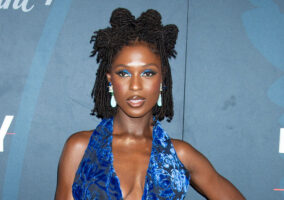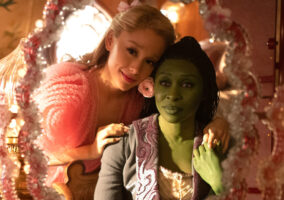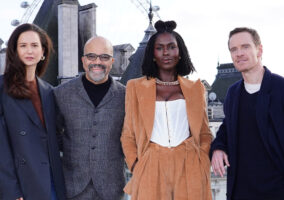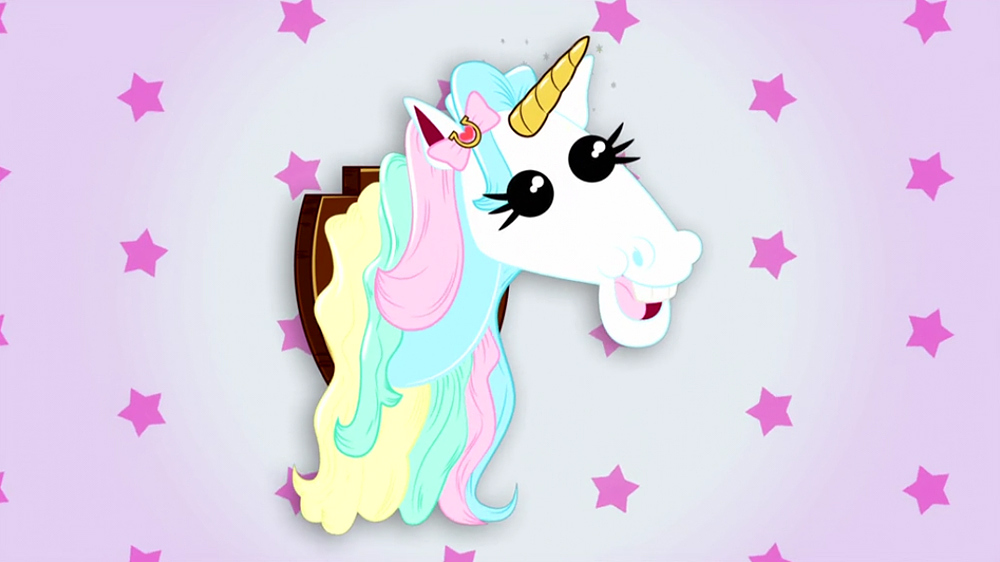
Every week, with each of the two dozen Drag Race recaps we write, we always start by asking ourselves “How are we going to handle it this time?” See, after 12+ years of recapping the same show in various different forms and languages, we have to put some thought and effort into keeping things fresh, just so these recaps don’t come off bored or bitter. This week, we’re choosing violence.
But first…

They really haven’t give the Pit Crew much to do this season, have they?
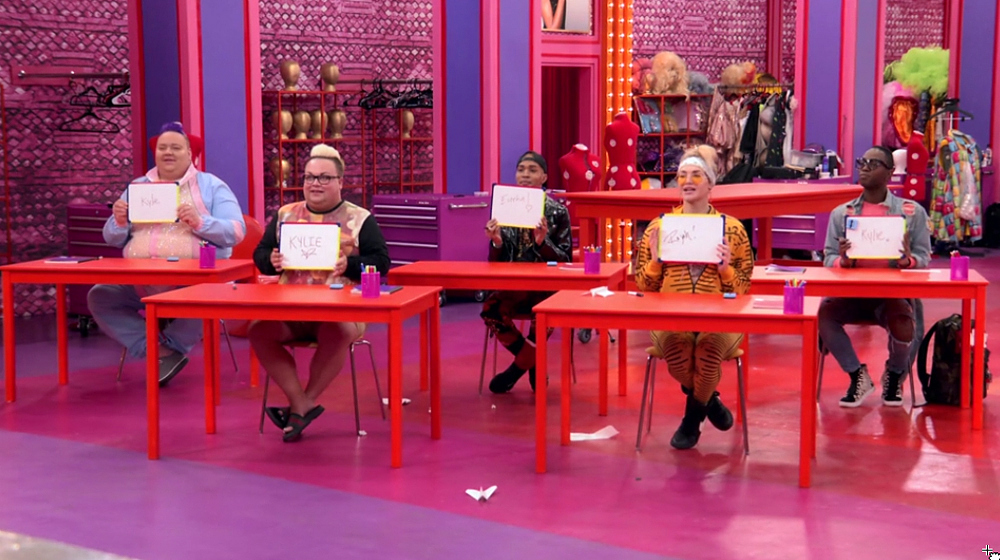
The “class superlatives” mini-challenge was a pretty cute way to get all the queens to throw shade at each other without being too mean about it. It did exactly what it was supposed to do, which was throw a few queens off their game by revealing what the others thought of them. Eureka may have tried to joke her way through it, but she didn’t like what the other queens said about her (gassy, bossy, messy) any more than Trinity liked being called moody. So kudos to the production for stirring up shit in a sort of gently entertaining way. The results had an impact on the main challenge, as some of the queens who were questioning themselves post-mini challenge stepped their pussies up while others floundered.
And now that violence we promised.
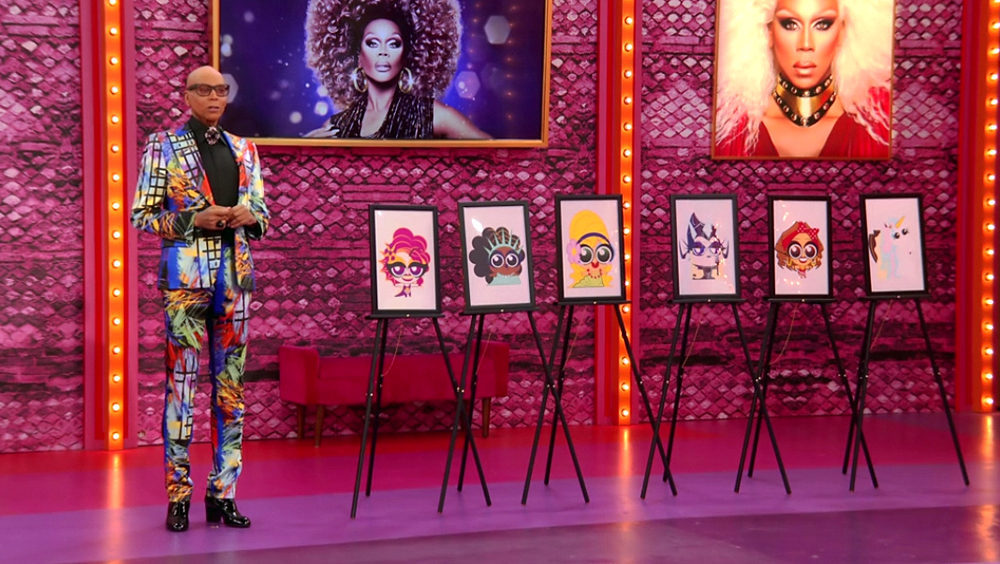
Look, you could hardly characterize us as being detractors of Drag Race, what with the aforementioned 12 years of recapping (oh, and a book, which we may have mentioned once or twice). It has long been our stance that the mainstream popularity of Drag Race has as many pros as cons to it. The main arguments in favor of its success with a mainstream audience much larger than the queer male audience the show was originally geared toward when it debuted on LOGO are simple. First, it gave cishet viewers a vocabulary and understanding of queer identities at a saturation level largely unseen before that point. Second, it gave young queer people of all stripes a view of lives and people they hadn’t considered for themselves before. Television is a powerful force in shaping people’s views and providing examples of different ways of life or backgrounds. Drag Race has certainly been a net good in terms of representation and destigmatization of lives and behavior considered deviant and dangerous for much of history.

But there’s no denying that Drag Race has also had a net negative effect on the world of drag in a lot of ways. Say what you will about shows like The Voice or Top Chef or Project Runway; they don’t have all that much of an impact in the industries they’re ostensibly representing. But the drag entertainment industry is a much, much smaller world than the music, restaurant or fashion industries, which means Drag Race has changed the economy of drag and the aesthetics of drag by celebrating and popularizing an extremely mainstream version of it. This tends to make it much more difficult for working queens who aren’t part of the Drag Race model to carve out a space for themselves at a booking rate that can support a career. It means there’s less space for freaky or challenging drag in the drag world. And it means that World of Wonder will wring every dollar out of the Drag Race franchise possible, which is why we have to make our way through a blatant episode of promotion for the kind of Drag Race-related property that would have made Leigh Bowery or Jayne County throw up.
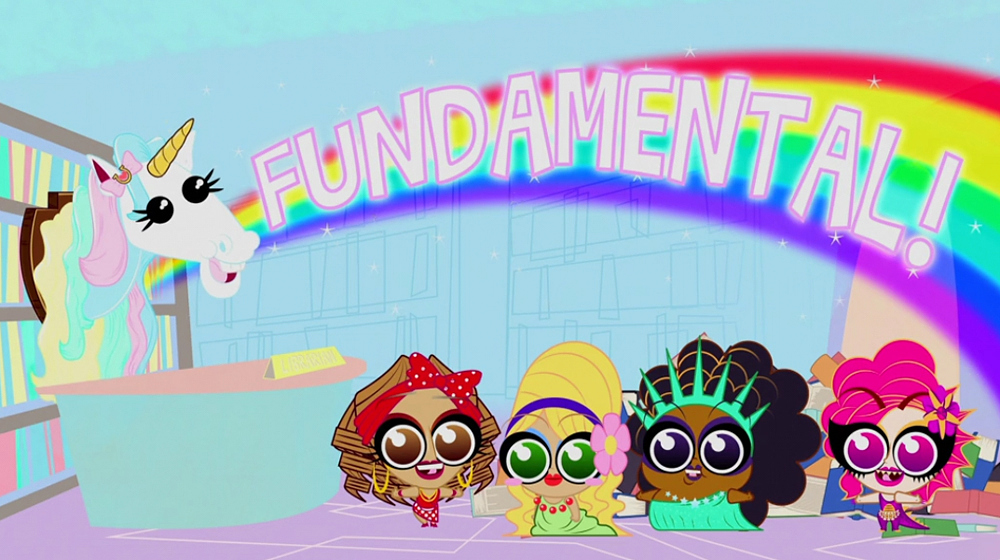
Drag Tots. There is an implied “ugh” in the previous sentence.

Look, whatever. People’ve gotta make their dollars where they can and if there’s a fanbase for this sort of thing, we’re happy for everyone involved. We’re not really in a position to get all high and mighty over anyone trying to milk those Drag Race dollars, but when you ask your drag queens to turn themselves into adorable cartoon characters during a blatant promotional exercise, the results can be pretty dull all around.

It just felt like every queen struggled with how to reduce their drag down to something extremely simple and palatable, which is, from where we’re sitting, just about the least interesting thing you could ask any drag queen to do.
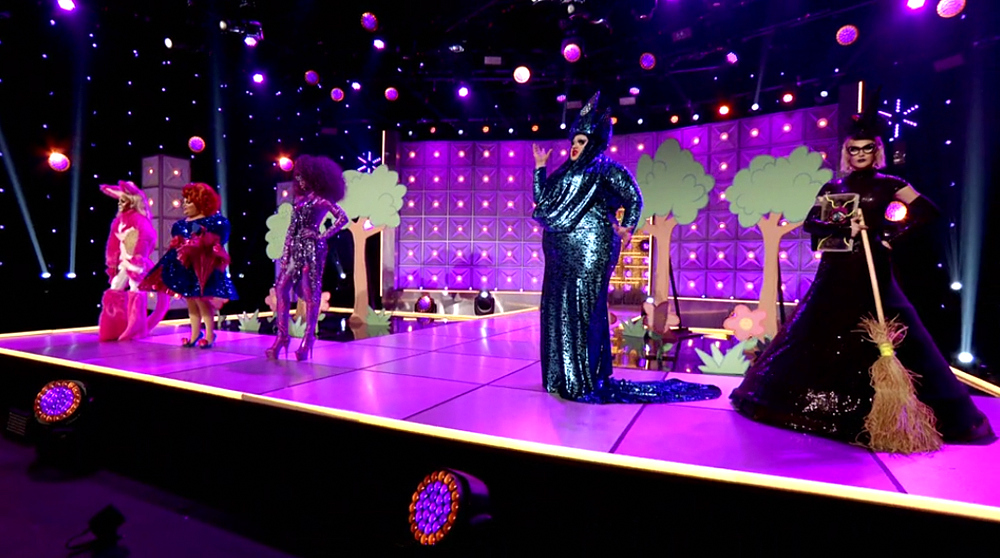
It’s a testament to the skill level of all of these queens that they mostly managed to nail the brief and serve up some fun, if occasionally dull looks.
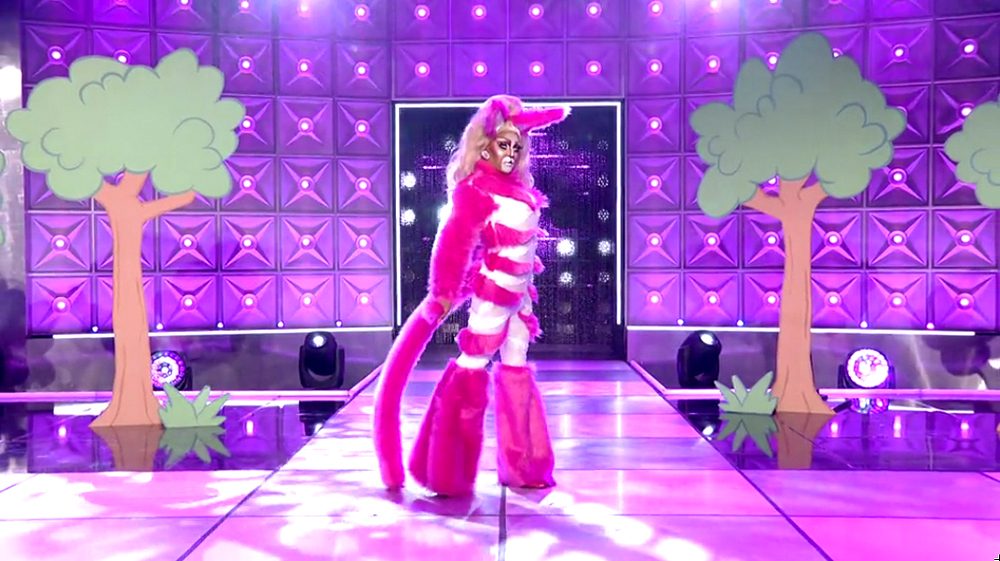
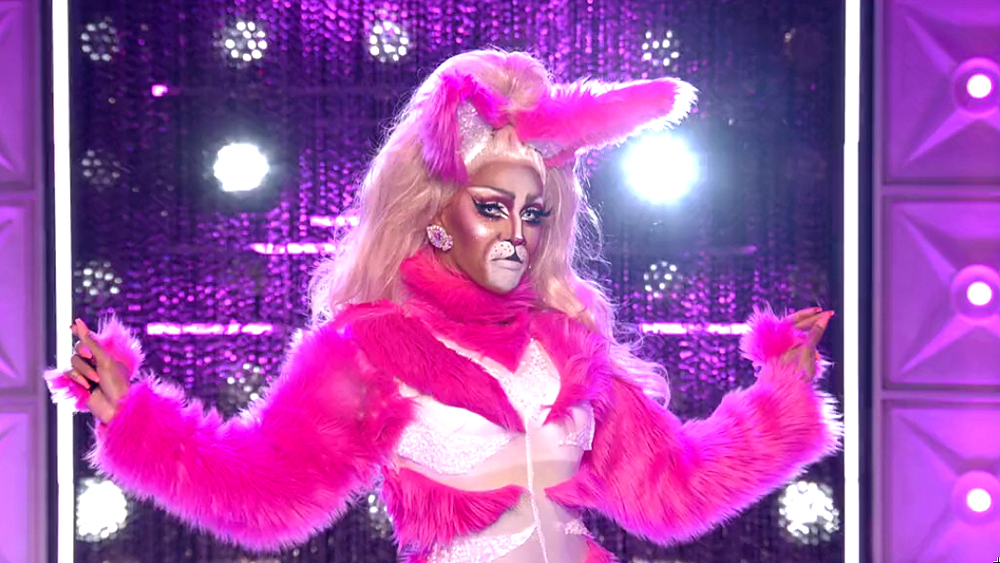
Trinity did okay for herself, creating a character that was born out of her own insecurities and her attempt to get over them, which is the kind of thing Ru absolutely lives for. The look was a little craftsy, but the design work was really solid.
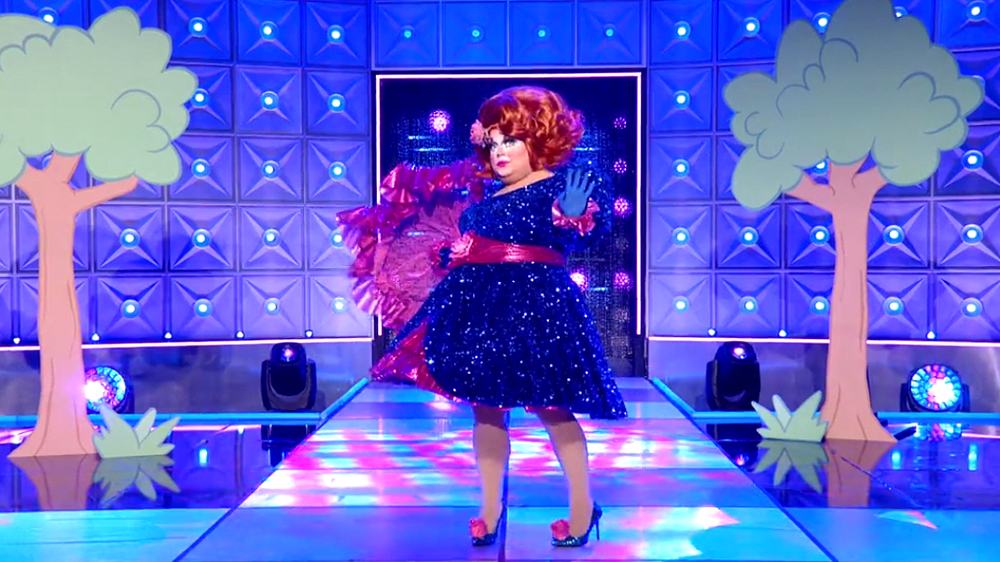
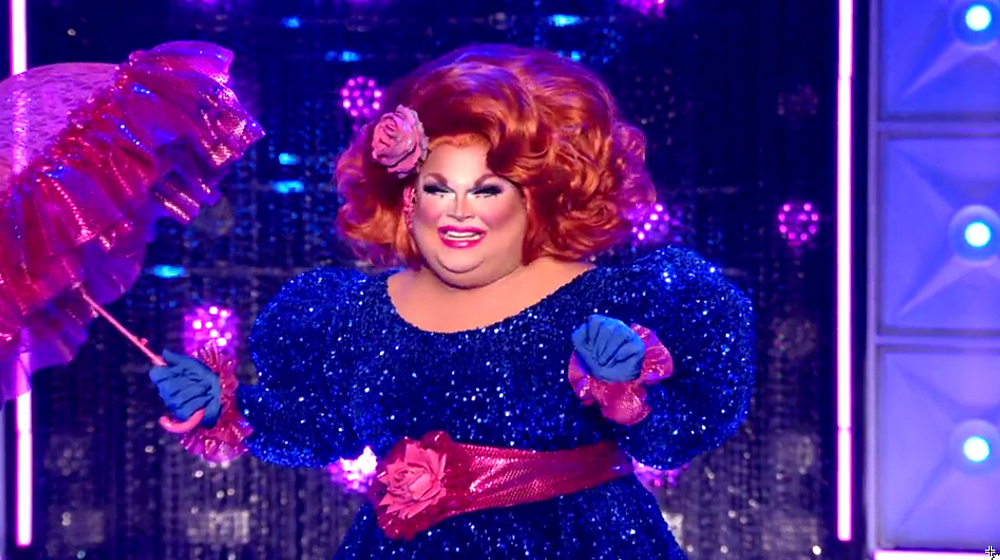
We suppose Ru and the producers felt it might be a little too expected to give the win to Ginger, what with her being pretty close to a cartoon character already, not to mention being in possession of the kind of smooth mainstream professionalism and polish that a challenge like this calls for. Her look and character were absolutely dead-perfect.
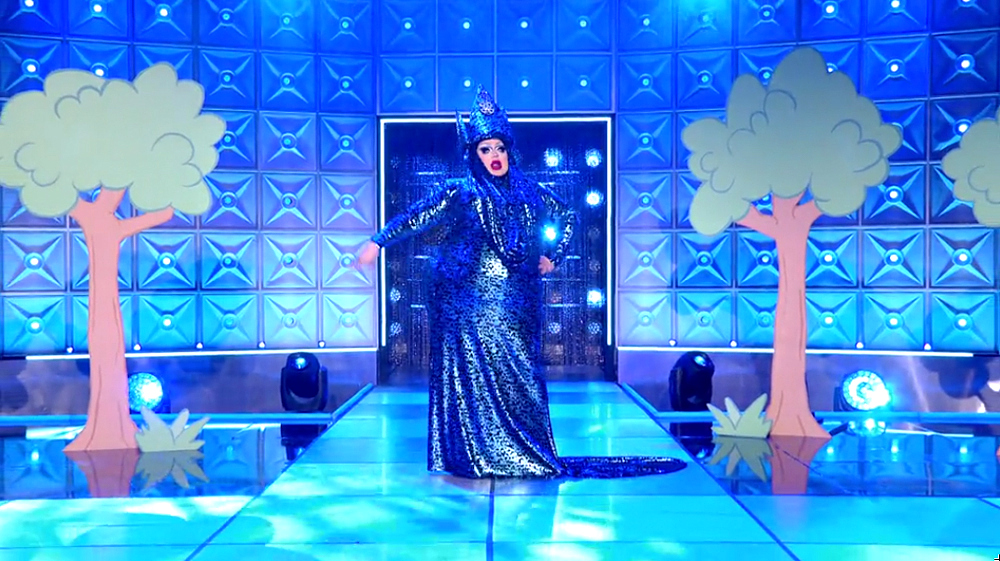
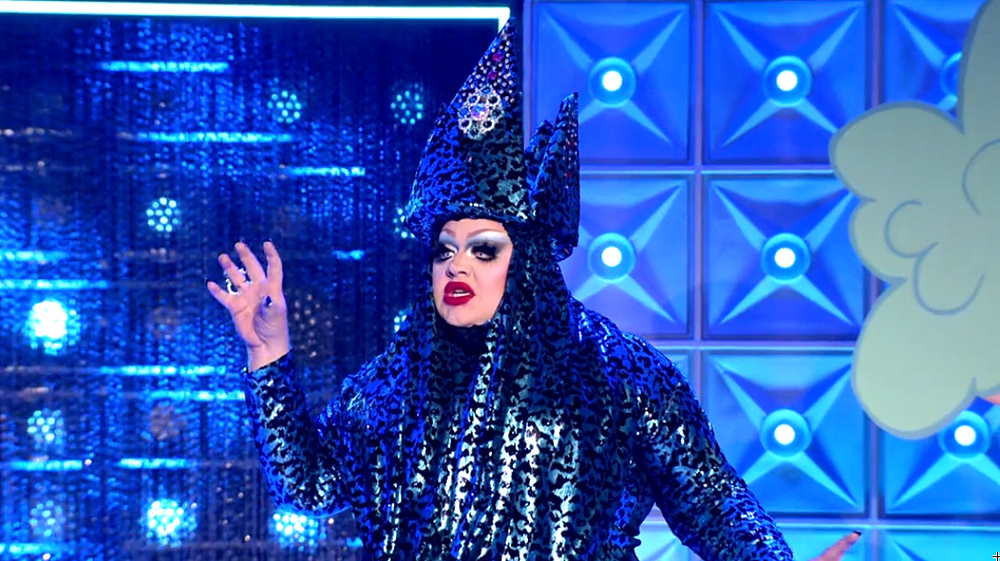
She just looked kind of lost up there. This is not the kind of challenge that speaks to Eureka’s skillset. She’s much better at going big, broad and occasionally shocking. Asking her to become a cartoon is asking her to be smaller somehow. The character concept was not memorable and the costume didn’t translate well.

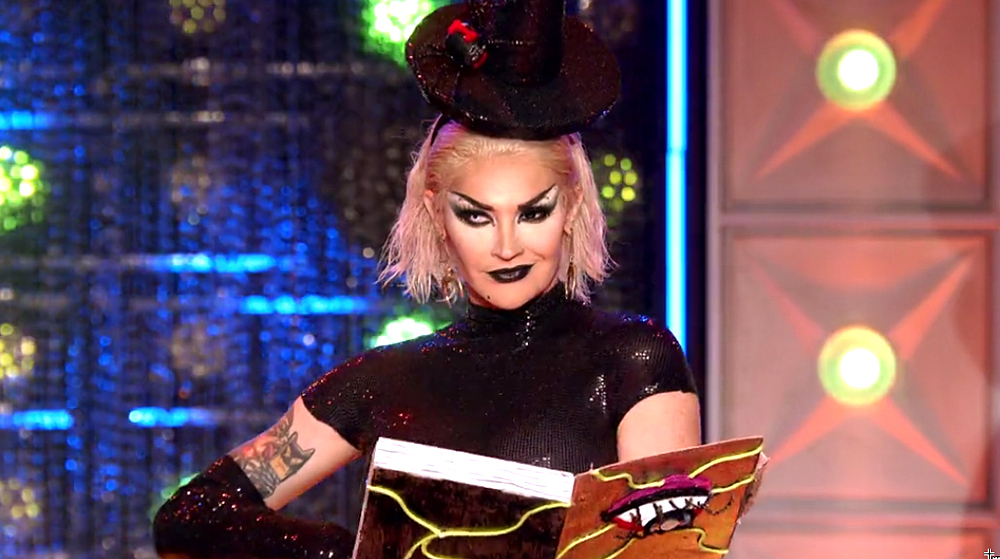
Well, look at that. Once again, Kylie surprises us. That’s one of her best drag looks yet. We think the only reason it didn’t rate higher was because the look itself, while really cute and well-rendered, wasn’t a particularly original design.
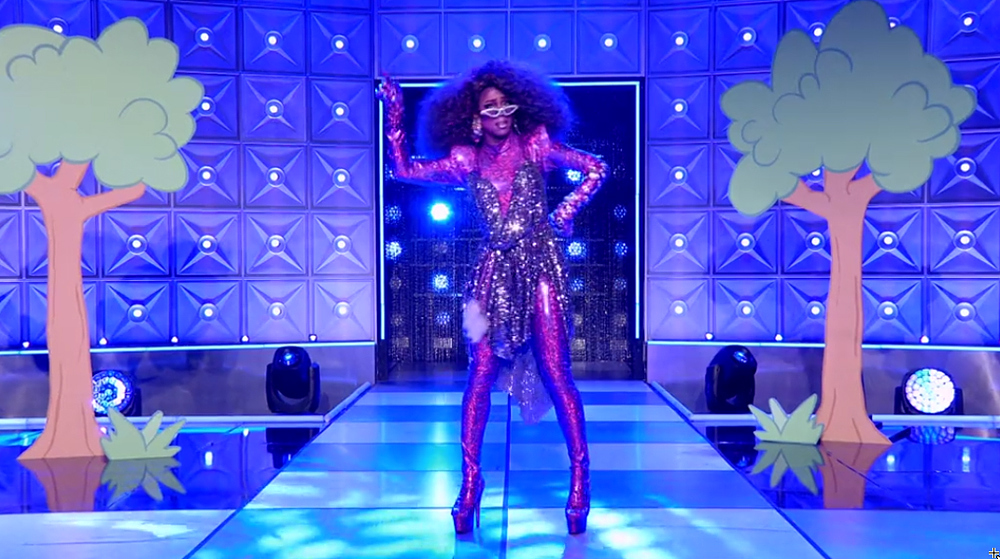
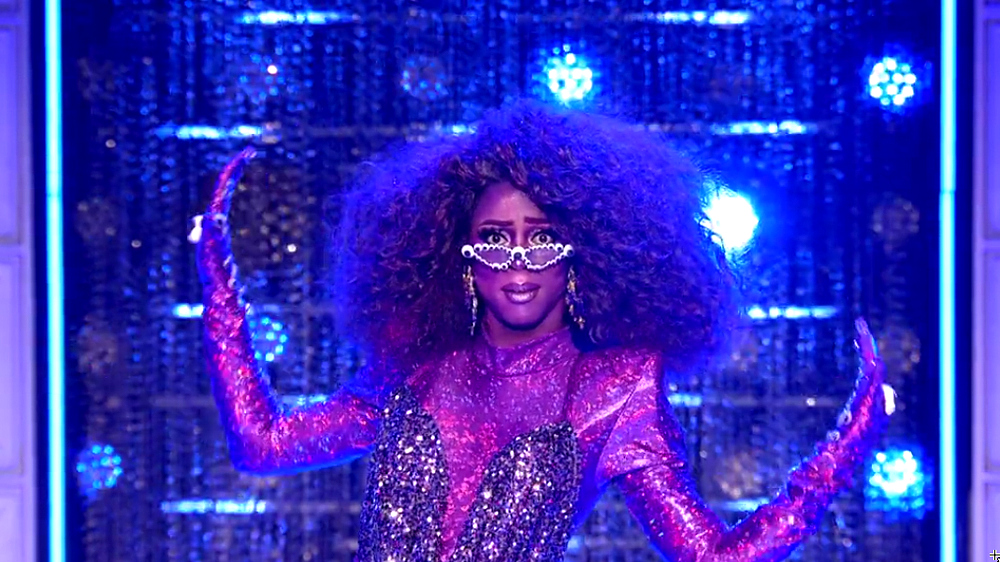
But Ra’Jah served up both a look and a character that felt utterly unique and easily rendered in cartoon form. If we had to explain why she won over Ginger, it might come down to the fact that Ginger’s look was almost too mainstream for a drag cartoon character. Ra’Jah’s whole character was about celebrating drag and self-expression and – again – Ru loves that sort of thing. The purple makeup was amazing and putting her in a disco dress over a latex bodysuit was just weird enough to make it stand out.
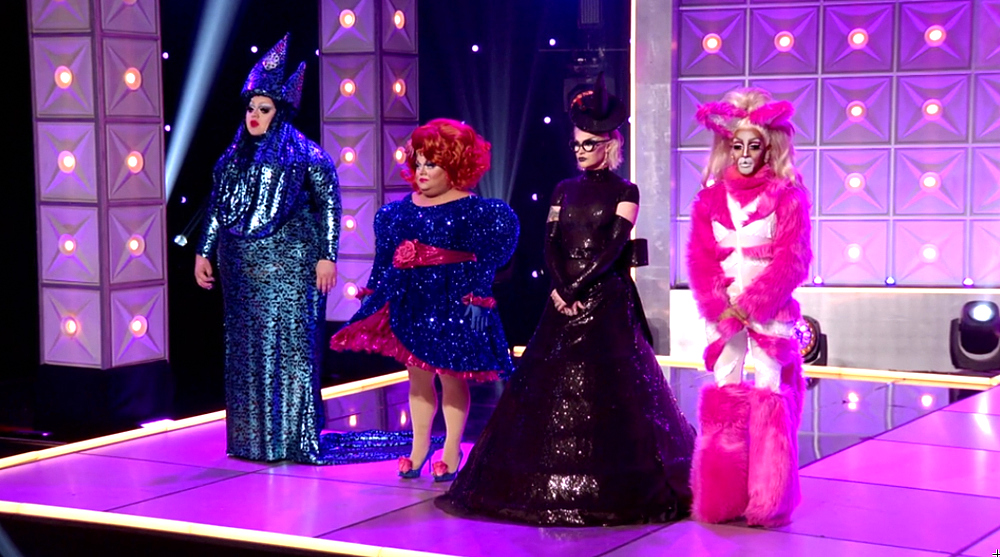
There might have been some drama to be found in placing all the remaining girls on the chopping block, but let’s face it: everyone knew it was Eureka’s time to go.

Kameron Michaels came to slay the lip sync, although we were inclined to give the win to Ra’Jah on this one. We doubt it had much difference in the outcome, though.
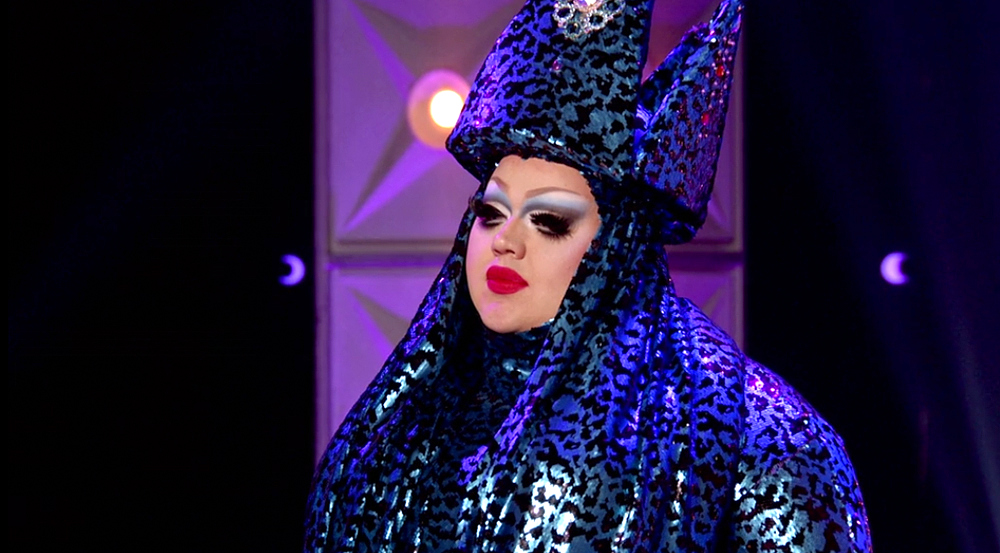
We’d rate Eureka as one of the all-time greats in Drag Race herstory, even if she never did get a crown for her efforts. She’ll be fine, though. We figure she can console herself while she’s shooting the next season of her own Emmy-nominated show.
Legendary Children: The First Decade of RuPaul’s Drag Race and the Last Century of Queer Life, a New York Times “New and Notable” pick, praised by The Washington Post “because the world needs authenticity in its stories,” and chosen as one of the Best Books of 2020 by NPR is on sale wherever fine books are sold!
[Photo Credit: Paramount Plus via Tom and Lorenzo]
Cynthia Nixon and Sarah Jessica Parker Filming “And Just Like That” Next Post:
“Dear Evan Hansen” Star Kaitlyn Dever on Telling Stories that Matter for Shape Magazine
Please review our Community Guidelines before posting a comment. Thank you!

